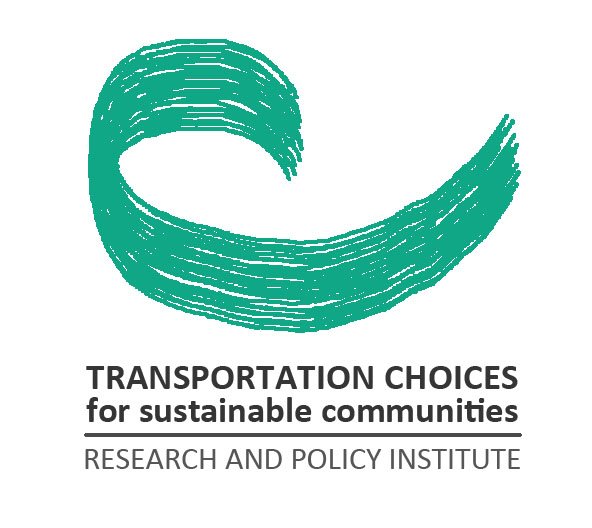Transport Planning for a Sustainable Future
August 7, 2015, Posted in Blog
Transportation Choices is deighted to pass along the news of a new book by Prof. John Whitelegg, Editor of World Transport Policy and Practice, entitled Mobility: A New Urban Design and Transport Planning Philosophy for a Sustainable Future. Transportation Choices is proud to support World Transport Policy and Practice through grant funding from the Helen and William Mazer Foundation. Professor Whitelegg is a distinguished, visionary scholar and advocate of sustainable transportation.
Here is the statement about the book from the Amazon site at which it may be purchased:
“We have experienced over 200 years growth in mobility measured by the distances we travel every day or every year and this growth is fed by eye wateringly large subsidies, a persistent bias in politics and planning in favour of more distance and more speed and an astonishing lack of awareness of the huge negative consequences of the growth in mobility. This book takes a detailed, forensic look at mobility and concludes that it is bad value for money, damages health and community life and consumes vast amounts of scarce public cash in the name of more and better infrastructure.
Every government and political party with the exception of the Greens, proclaims the benefits of more airport capacity, more roads and bypasses, more high speed rail and accepts the growth in mobility as good for happiness, wealth and quality of life. This book sets out a very different story. More mobility does not produce the good things in life and kills over 3000 people every day in road crashes, creates noise and air pollution that damage health, feeds the growth of greenhouse gases that make damaging climate change more likely and destroys healthy, active travel and community life in sociable neighbourhoods.
The time has come to bring an end to the mobility fetish, to replace far with near, to create livable and child friendly cities and to bring an end to the role of the car as a default option.
The book shows why this must be done, how it can be done and sets out a policy process to get it done.”

